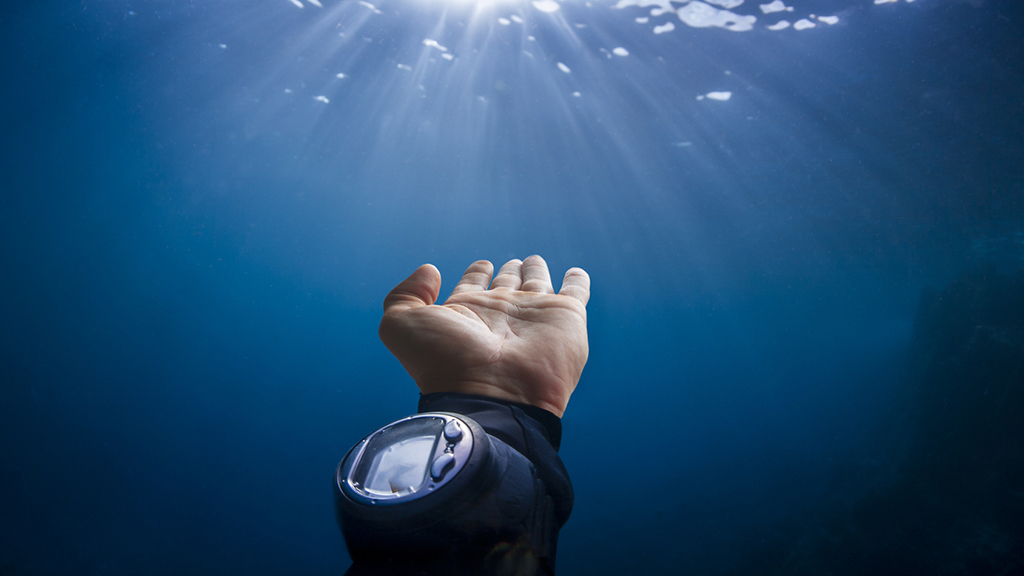Abstract
In 2012, Mike Prickett, a world-renowned underwater cinematographer, was working on a commercial photo shoot in Tahiti when he witnessed a fellow diver sinking and drowning. While saving the drowning victim, Mike fell victim to decompression sickness (the bends), which led to paralysis from the chest down. This interrupted case study uses Mike's story to explore the kinetic molecular theory of gases, gas laws (specifically Boyle's Law and Henry's Law), hyperbaric oxygen therapy, and partial pressures of gases in mixtures, including the human blood stream. Students investigate how SCUBA equipment works and use a sketching activity to visualize the pressure changes that affect divers as they travel underwater. In-class demonstrations are used to help students visualize the types of conditions that effect changes in gas behavior and to draw connections between them, theoretically and in real life. The case was originally designed for use in a lab setting for undergraduate introductory chemistry or General Organic and Biochemistry (GOB) course, or for an introductory level chemistry class for nursing students.


